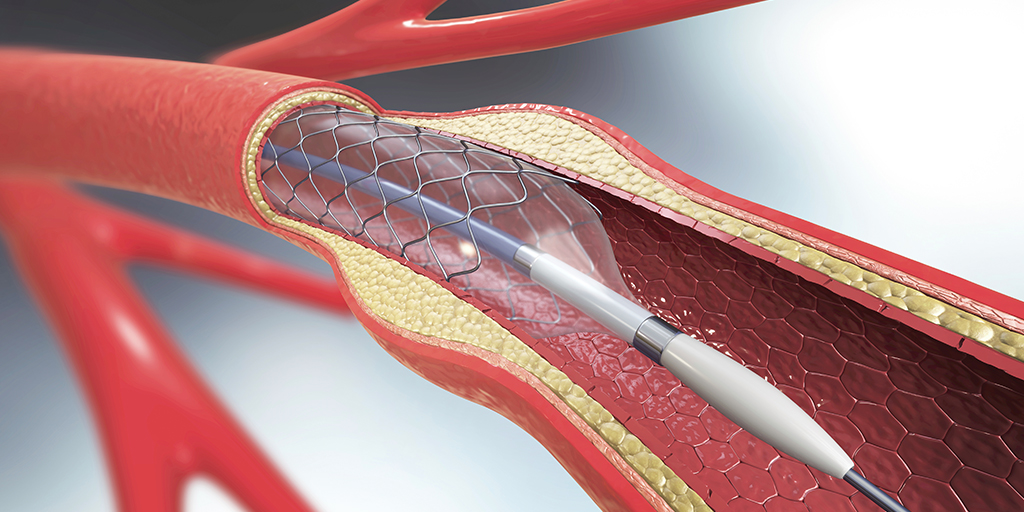Blocked Arteries? Skip the Stent And Surgery, Researchers Say

Answer a few questions and we'll provide you with a list of primary care providers that best fit your needs.
The largest research study of its kind has found that drugs can be just as effective as stents and surgery for treating blocked arteries. Results of the study, sponsored by the National Heart, Lung, and Blood Institute, were released on November 16.
Calling the findings
“profound,” Mukul Chandra MD, FACC, of Premier Cardiovascular Institute says he is eager to share the news with his patients. “We have all the information we need. You don’t have
to have stents or surgery for stable chest pain. If you’re not having a heart attack, we have another option,” he says he’ll tell them.
The study followed 5,179 people with moderate to severe blocked coronary arteries. None were experiencing a heart attack during the study, but many had
angina (periodic chest pain). “Angina is the discomfort in your chest when you’re walking up steps or hiking, for example. It’s due to blockages in one or more of your heart arteries,” says
Dr. Chandra.
The traditional means of treatment has been to open blocked arteries using bypass surgery or a procedure to insert stents (small metal mesh). Half of study participants received stents or bypass surgery. The other half received medication and instructions on weight loss, diet, and lowering blood pressure and cholesterol.
Results showed that “at the end of five years, the patients who did not have surgery were living as long and had a similar quality of life as the patients who had procedures,” says Dr. Chandra.
The news is especially
exciting, says Dr. Chandra, because “one in a thousand patients may die during these procedures. There’s the risk of stroke, and procedures are very expensive. Without surgery we’ll save about half a billion dollars in the U.S. each
year while maintaining the same quality of life for patients.”
Answer a few questions and we'll provide you with a list of primary care providers that best fit your needs.
Source: Mukul Chandra MD, FACC, Premier Cardiovascular Institute; New York Times




